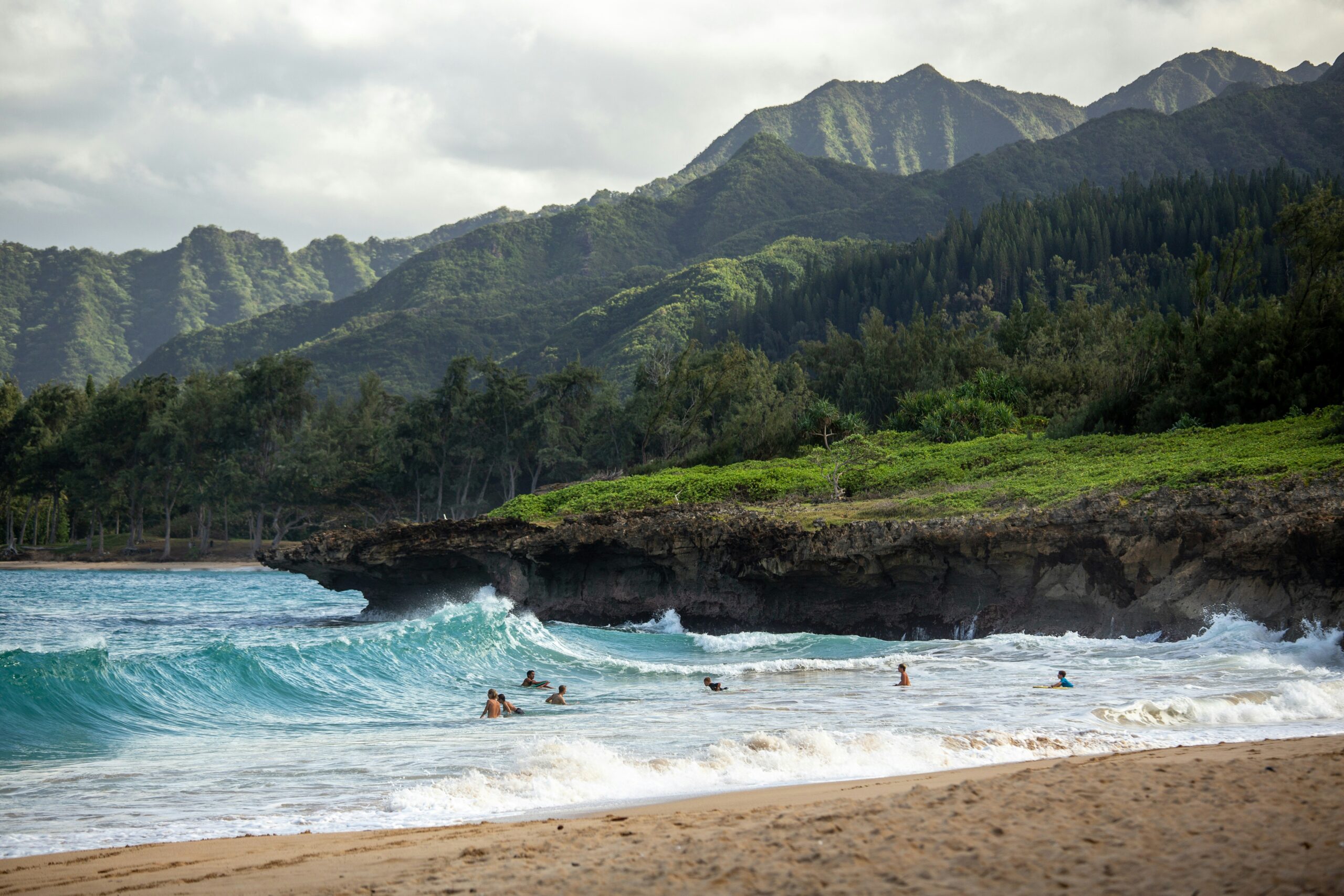Photo by Luke McKeown
A federal judge in Hawaii has overturned the Trump administration’s attempt to allow commercial fishing in the Pacific Islands Heritage marine national monument, ruling that commercial fishing remains illegal in the federally protected area in the central Pacific Ocean.
Judge Micah WJ Smith’s Friday decision reverses an April letter from the National Marine Fisheries Service (NMFS) that would have permitted fishing in parts of the monument that Barack Obama had protected during his presidency. The controversial letter followed Donald Trump’s presidential proclamation to reverse fishing regulations across the world heritage site.
Immediate fishing ban reinstated
The court ruled that regulations banning commercial fishing in the area remain in effect, stating that “no commercial fishing operators may reasonably rely on” the April letter. This means fishing in waters 50 to 200 nautical miles around Johnston Atoll, Jarvis Island, and Wake Island must halt immediately.
The legal challenge was brought by environmental group Earthjustice, representing Hawaiian non-profits who argued that NMFS violated federal law by bypassing the formal process for changing fishing rules, which requires public notice and comment.
Indigenous voices in conservation
Solomon Pili Kaho’ohalahala, founding member of the non-profit group Kāpaʻa, the Conservation Council for Hawaii and the Center for Biological Diversity, emphasised the importance of Indigenous perspectives: “The Fisheries Service cannot ignore our perspectives as the native people who belong to the islands and to the ocean that surrounds us. The law guarantees a process where we can advocate for protecting the generations of our children’s children who are yet to be born.”
Legal victory against procedural bypass
Earthjustice attorney David Henkin celebrated the ruling, stating: “The court forcefully rejected the Trump administration’s outrageous claim that it can dismantle vital protections for the monument’s unique and vulnerable species and ecosystems without involving the public.”
The lawsuit, filed in May, challenged the administration’s attempt to circumvent standard regulatory procedures that ensure public input on changes to protected area management.
Monument’s ecological significance
The Pacific Remote Islands Marine National Monument spans approximately 370,000 square nautical miles, making it nearly twice the size of Texas. Originally created by President George W. Bush in 2009 and expanded by Obama in 2014, the monument consists of about 500,000 square miles in the remote central Pacific Ocean southwest of Hawaii.
The protected area is managed by the US Fish and Wildlife Service, NOAA, and the Department of Defense. It serves as home to one of the largest collections of deep ocean coral reef, seabird, and shorebird protected areas on the planet.
Unique marine biodiversity
The monument provides refuge for species threatened by climate change and other human-caused stressors. Kingman Reef, considered one of the most pristine coral reefs in US waters, is part of the protected area. UNESCO reports it has the highest proportion of apex predators of any studied coral reef worldwide.
The protected waters support several shark species, including grey reef, oceanic whitetip, hammerhead and silky sharks, all of which play important roles in maintaining ecological balance.
Trump’s fishing industry agenda
As part of his push to make the US the “world’s dominant seafood leader,” Trump called the fishing regulations “so horrible and so stupid,” claiming they force US fishers “to go and travel four to seven days to go and fish in an area that’s not as good.”
Cultural and spiritual significance
Beyond its ecological value, the islands and ocean areas hold significant cultural importance for Indigenous Pacific Islanders and researchers. The lawsuit states that allowing commercial fishing in the monument expansion would harm the “cultural, spiritual, religious, subsistence, educational, recreational, and aesthetic interests” of Native Hawaiian plaintiffs who are genealogically connected to Indigenous peoples of the Pacific.
Conservation victory
Maxx Phillips, staff attorney at the Center for Biological Diversity, described Friday’s ruling as significant: “This is a huge win for the Pacific’s irreplaceable marine life and for the rule of law. These sacred and irreplaceable ecosystems are home to endangered species, deep-sea corals, and rich cultural heritage.”
Legal precedent for environmental protection
The court’s decision reinforces the principle that federal agencies must follow established procedures when modifying environmental protections, particularly those affecting areas of significant ecological and cultural importance. The ruling demonstrates that attempts to bypass public consultation requirements for changes to protected area management face legal scrutiny.
The Pacific Islands Heritage marine national monument remains one of the world’s largest marine protected areas, continuing to serve as a critical refuge for marine biodiversity in an increasingly threatened ocean environment.
